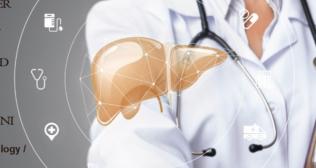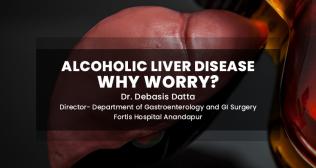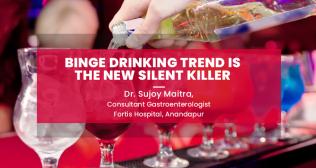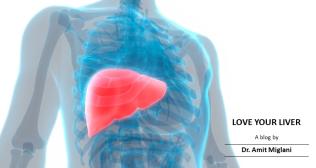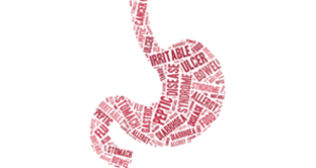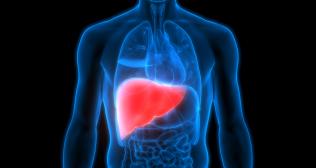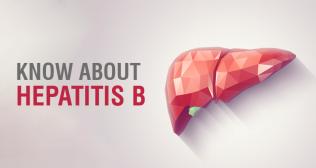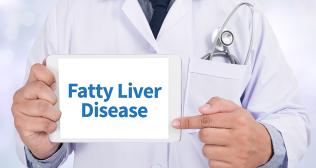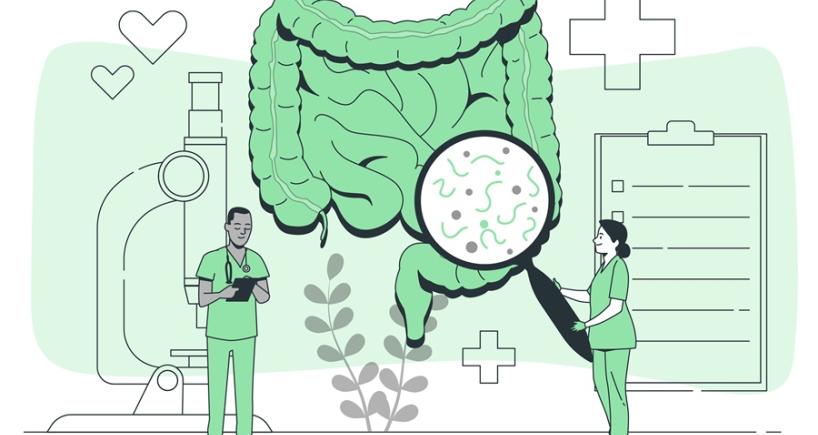
What Cause Constipation: Five Common Culprits Behind Constipation
Introduction
Studies show that normal stool frequency is three per week and three per day. After relishing lavish dinner last weekend, are you unable to poop for 4–5 consecutive days? Wondering what could be the reason behind this inconvenience? You might have heard the term constipation. Constipation refers to a condition in which an individual has less comfortable or infrequent bowel movements. Several factors like lack of physical activity, sudden changes in lifestyle like offshore travel, adverse drug reactions, insufficient fiber and fluids in the diet, and irritable bowel syndrome (IBS) can dispose an individual to constipation.
Let us take a look into the symptoms of constipation, deciphering its major causes, and relevant treatment and management options.
Recognizing the Symptoms of Constipation
Symptoms of constipation may vary from individual to individual. Most common symptoms include:
- Lesser than three bowel movements in the last seven days
- Hard, dry, and lumpy stools
- Stools that are painful to pass
- Experiencing strain while passing stools
- Pain in the abdomen
- A feeling that not all feces has expelled
Shedding Light on Five Common Causes of Constipation
Hard, dry stools are the consequence of the colon absorbing excessive water. Usually, as food moves through the colon (part of the large intestine) water in the food is absorbed while forming stool (waste products). Contractions of muscles then push the stool toward the rectum, and, by the time the stool reaches the rectum, majority of the water has been absorbed, making the stool solid. Five most common causes of constipation include:
Medication:
Constipation is a side effect of several over-the-counter drugs and prescription drugs. Constipation is highly prevalent and can be caused by adverse drug reactions. Certain medicines and dietary supplements that can worsen constipation include:
- Antacids containing aluminium and calcium
- Anticonvulsants, used to prevent seizures
- Calcium channel blockers
- Diuretics (medicines used to decrease fluid buildup in the body)
- Iron supplements
- Medications utilized to treat Parkinson’s disease
- Medications utilized to treat moderate to severe pain
- Certain medicines used to treat depression
- Opioids (Constipation is observed in approximately 90% of cancer patients consuming opioids for pain and 40% of individuals consuming opioids for a long term to eliminate pain not related to cancer)
Lifestyle Changes:
- Traveling can give some individuals problems because it disrupts regular diet and daily routines.
- Aging often impacts bowel movement regularity by decreasing intestinal activity and muscle tone.
- Pregnancy may cause women to suffer from constipation due to fluctuations in hormone levels or because the enlarged womb pushes on the intestine.
Irritable Bowel Syndrome (IBS):
- Certain individuals who suffer from IBS experience disrupted bowel movements, pressure during bowel movements, and abdominal discomfort.
- Constipation may be the common symptom of Irritable Bowel Syndrome or it may alternate with diarrhea.
- Cramping and bloating are also prevalent in these patients.
Insufficient Fiber and Fluids in the Diet:
- A diet containing less quantity of fiber, fluids, and excess fats can contribute to constipation.
- Fiber absorbs water, resulting in larger, softer stool that is easier to pass.
- Increasing fiber intake helps cure constipation in several individuals, but those with more severe constipation find that increasing fiber content in their diet makes their constipation worse and leads to bloating and discomfort.
- Food containing excess fat are tricky to digest and can lead to constipation.
- Keto diet with excess fat content can also cause constipation.
Lack of Physical Activity:
- Individuals who exercise regularly usually do not suffer from constipation.
- Basically, the colon responds to physical activity.
- Good muscle tone, in general, is significant for regular bowel movements.
- The abdominal wall muscles and the diaphragm play a critical role in the defecation process.
- If these muscles are weak, they are not going to be able to function efficiently as well.
- But physical exertion is not a cure-all.
- Increasing exercise to improve constipation may be more effective in elderly, who tend to be more inactive, than in younger individuals.
Simple Ways to Manage and Treat Constipation
Majority of times, constipation can be treated through dietary and lifestyle alterations, which relieve symptoms and help prevent the condition. Treatment may include:
- Diet modifications: A diet containing 20 to 35 grams of fiber daily aids in the formation of soft, bulky stool.
- Laxatives: They may be advised after diet and lifestyle alterations have failed to be effective.
- Stopping or changing medicine
- Biofeedback: This mechanism is utilized to treat long-term constipation caused by impaired anorectal function.
Modifications in lifestyle, such as increased water and juice consumption, regular physical activity, and permitting enough time for daily bowel movements can be helpful.
How to Relieve Constipation on the Toilet?
Find the suitable way to sit on the toilet, with these simple pointers:
- Bend forward while sitting on the toilet with hands resting on thighs.
- Assure that knees are bent and are higher than hips.
- Make sure feet are positioned on the ground.
- Try to fill lungs, breathing through mouth to avoid exerting pressure and contracting pelvic floor.
- Bulge muscles of tummy forward and take a deep breath in. “Brace” tummy to avoid it from bulging further forwards. Do not tighten your tummy.
- Relax anal sphincter to open it and let the stool expel out.
- Use deep breath to raise the pressure in abdomen and push down towards anus.
If the symptoms of constipation persist for a longer period, it is better to seek medical attention immediately.
Popular Searches :
Hospitals: Cancer Hospital in Delhi | Best Heart Hospital in Delhi | Hospital in Amritsar | Hospital in Ludhiana | Hospitals in Mohali | Hospital in Faridabad | Hospitals in Gurgaon | Best Hospital in Jaipur | Hospitals in Greater Noida | Hospitals in Noida | Best Kidney Hospital in Kolkata | Best Hospital in Kolkata | Hospitals in Rajajinagar Bangalore | Hospitals in Richmond Road Bangalore | Hospitals in Nagarbhavi Bangalore | Hospital in Kalyan West | Hospitals in Mulund |
Doctors: Dr. Rana Patir | Dr. Rajesh Benny | Dr. Rahul Bhargava | Dr. Jayant Arora | Dr. Anoop Misra | Dr. Manu Tiwari | Dr. Praveer Agarwal | Dr. Arup Ratan Dutta | Dr. Meenakshi Ahuja | Dr. Anoop Jhurani | Dr. Shivaji Basu | Dr. Subhash Jangid | Dr. Atul Mathur | Dr. Gurinder Bedi | Dr. Monika Wadhawan | Dr. Debasis Datta | Dr. Shrinivas Narayan | Dr. Praveen Gupta | Dr. Nitin Jha | Dr. Raghu Nagaraj
Specialities: Heart Lung Transplant | Orthopedic |







